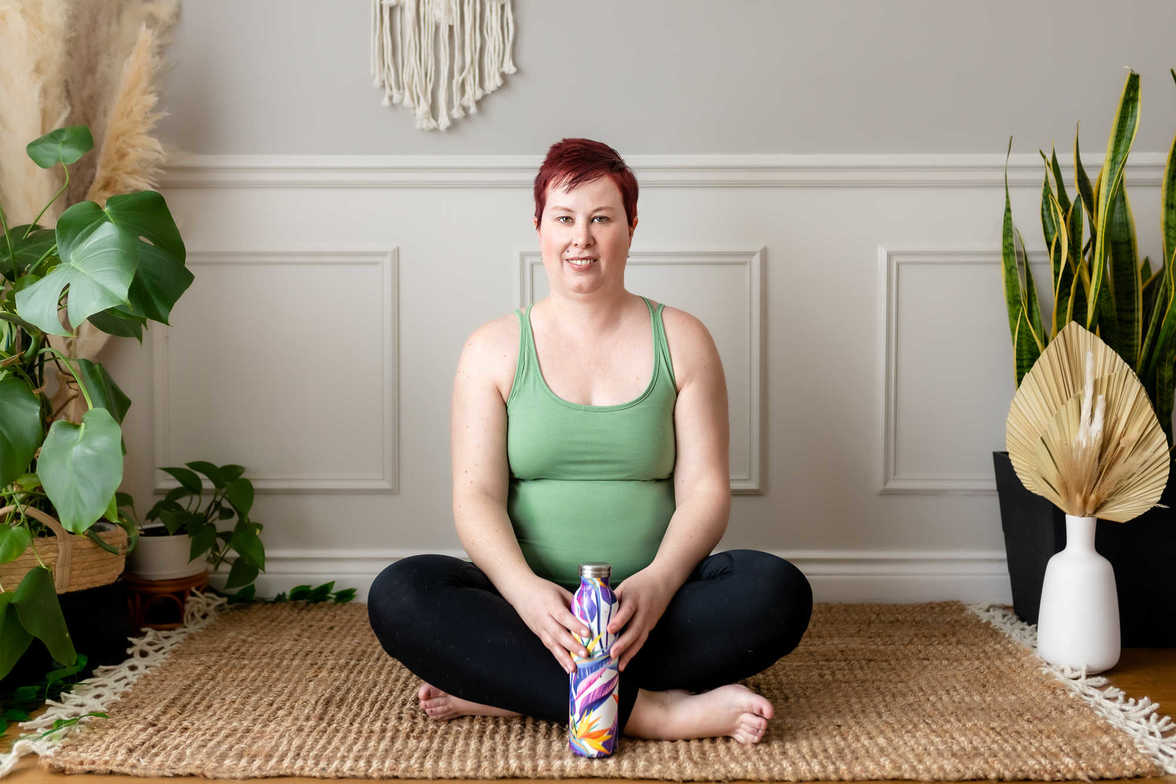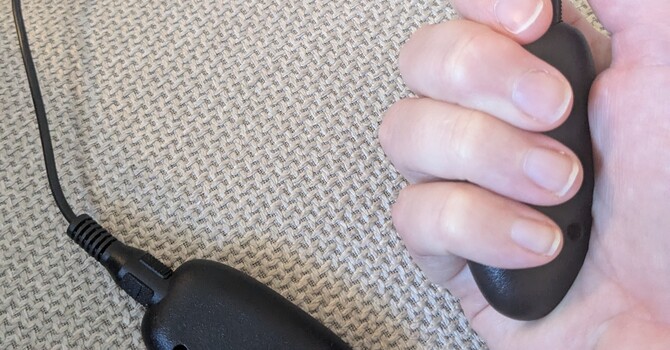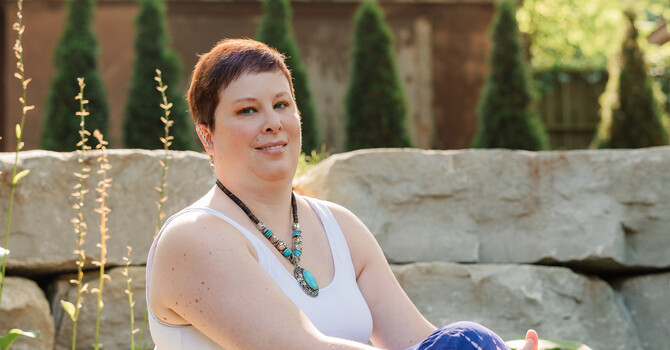
As I noted on my social media, I was dark for the month of February as I mourned the passing of my dog. I engaged, or attempted to engage, in self-care to assist with my grief. I thought it would make sense for my blog post this month to reflect on the successes and failures that I noticed and pass on that information on. Self-care has become a buzz word in counselling and pop culture of late. People talk about it as a concept; however, they don’t often discuss the details of what it means and how you can practice it.
Self Care DOs:
- Find the things that bring you joy, amusement, make you smile, make you feel safe, make you feel at home, make you feel comfortable, etc.
- Here are some things on my list: yoga, reading, drinking tea, having a bath, meditation, walking, spending time with friends and family, spending time alone, spending time outdoors and in nature
- Your list could include such things as: running, cooking, baking, other forms of exercise, going on vacation, listening to music etc.
- Find a small amount of time - even 5 minutes is good to start - do to one of these activities in your day
- You only need to do a small piece, i.e. reading a chapter of a book or finding a recipe to use the following day
- Find time every few days to do activities that take more time - such as going to the gym or cooking a meal
- Bonus if you can combine activities - i.e. exercising outdoors or listening to music while cooking
- Start to make the self-care activities part of your routine
- The best way to get into a good self-care practice is if you do it consistently
Self Care DONT’s:
- If you’re feeling too tired, burnout, etc., one day it’s okay to give yourself permission not to it
- While self-care activities can help overcome these feelings, if doing it seems like it’s going to have the opposite effect then it’s okay to skip a day
- Don’t let skipping one day become a habit or turn into a negative thought that because I didn’t do it yesterday there is no point in doing it today
- Don’t think that self-care has to take a lot of time or needs to be a big thing
- People often say that they can’t do self-care because they don’t have time
- Self-care doesn’t mean you need an hour or more and that the activity must involve exercise
- If this is the thought process it feels overwhelming and unattainable
I hope that this is helpful to you when trying to create and maintain your own self-care plan. If you’re still struggling to figure out where to start or there are other barriers, such as mental health struggles or trauma, consider reaching out to a counsellor to help you with this.





